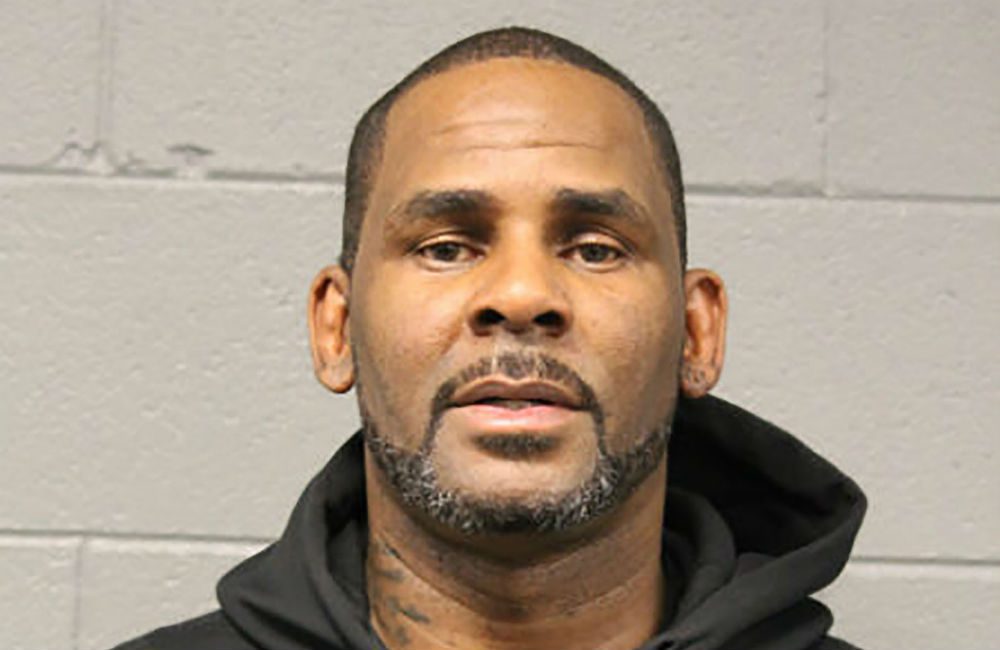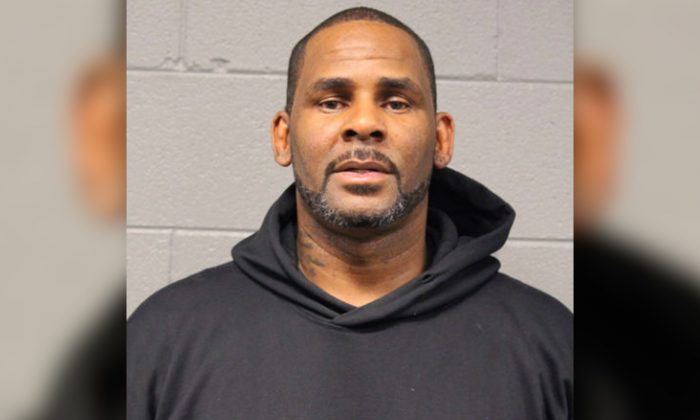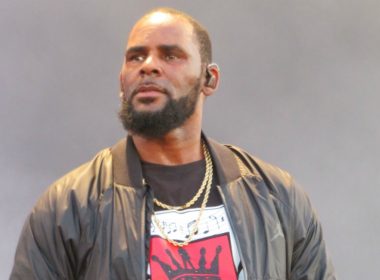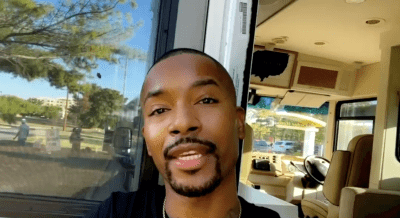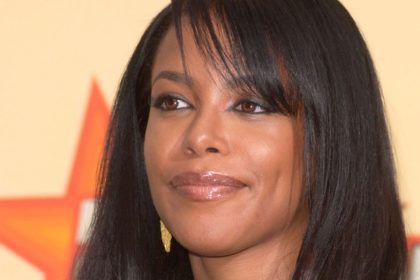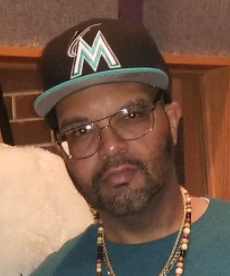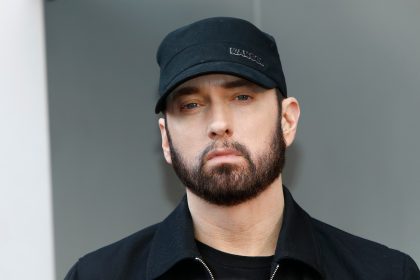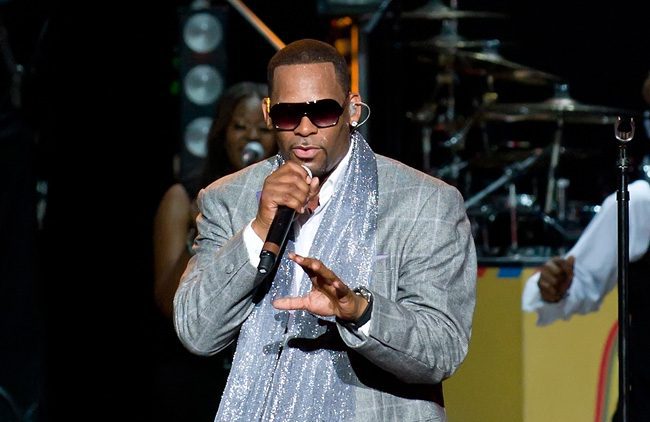
R. Kelly is finally set to head to court on Aug. 9, but his lawyers are fighting to stop several new pieces of evidence the government wants to submit against him in his sex trafficking trial.
The R&B singer is scheduled to face charges in New York next week alleging that for more than 20 years he was the leader of a racketeering enterprise made up of managers, bodyguards, drivers, personal assistants, and runners — who recruited women and girls to engage in illicit sexual activity with the platinum-selling vocalist and songwriter.
The prosecution submitted a motion last week to present evidence that the Chicago crooner had sex with an underage male he met at McDonald’s in 2006. The court documents also state that Kelly forced the young man to have sex with a minor female and that the “12 Play” singer videotaped the encounter for his viewing pleasure.
Kelly’s lawyers now claim they need time to review 3,500 new pieces of evidence the government produced, to provide an adequate defense while the singer also stated that his constitutional rights to a fair trial are being violated. Some of the evidence involves Kelly’s former protege Aaliyah.
In court documents obtained by Allhiphop.com, R. Kelly’s lawyers are also fighting to have evidence thrown out alleging that he impregnated Aaliyah in 1994 when she was 15-years-old and then bribed a government employee to get her a fake ID so he could marry her.
“There is absolutely no physical proof, nor circumstantial proof, that any of these allegations put forth by the government are true. Due to the unfortunate passing away of Jane Doe #1 [Aaliyah] on August 25, 2001, she is legally unavailable. Therefore the additional information the government seeks to introduce regarding Jane Doe #1 is nothing more than conjecture and an effort to further shape their narrative,” Kelly’s lawyer Thomas Farinella stated of the new evidence.
R. Kelly’s lawyers also voiced their issues with questionnaires sent to potential jurors because they did not contain questions about their opinions on same-sex relationships. The attorneys claim the topic was a vital part of the questioning, and the failure to include such questions violates R. Kelly’s constitutional right to a fair trial as well.

